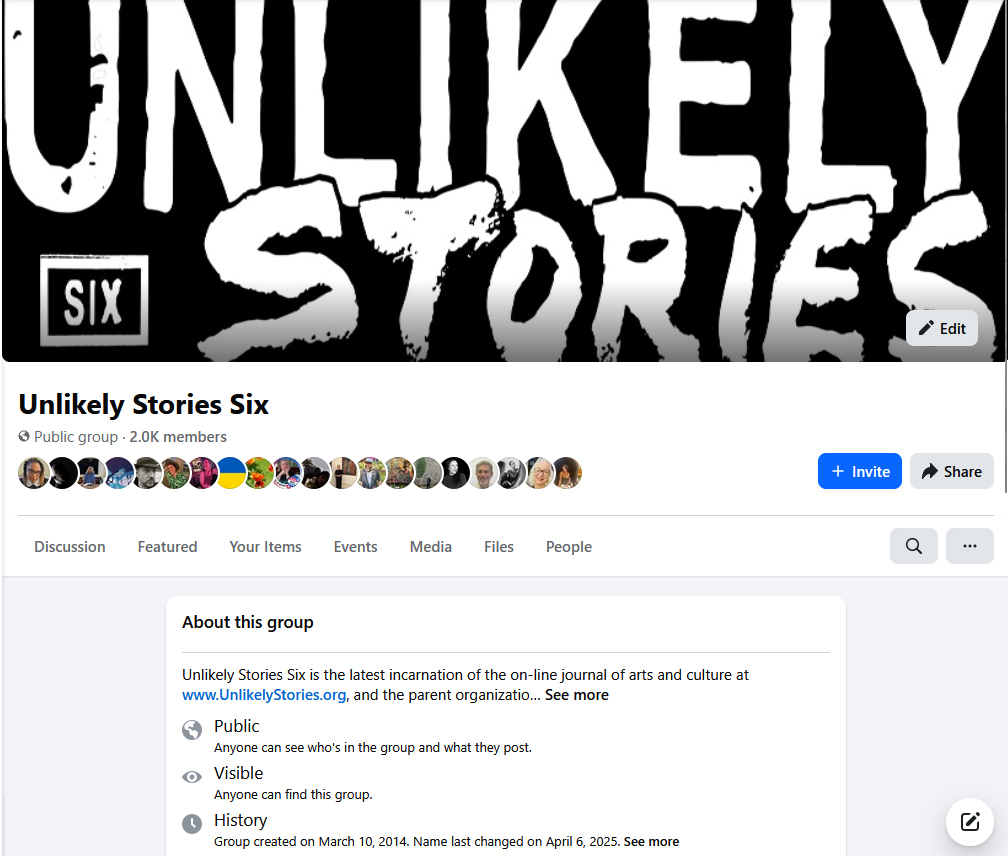a counterapology to Stay: A History of Suicide and the Philosophies Against It by Jennifer Michael Hecht
I had lost friends to suicide, and suicidal behaviors, before I first picked up Stay. I have lost more friends to suicide since. On October 24, 2023, my 29-year-old daughter, Michaela, killed herself. She left no note, and although I can offer endless speculations, I do not understand why. I confess that I often failed to understand Michaela’s motivations and moods, a truth which I know she was aware of, and that did not help her pain. I can and do level further recriminations at myself. I can point to the behaviors of others in her life, and accuse them of fatal toxicity.
But before I do any of these things, I have to remember sex advice columnist Dan Savage, who founded the It Gets Better project. The project assists LGBTQ+ youth who are experiencing bullying, in and out of their homes. Founded in 2010, it has a very simple, quotable mission: to let young people know that whatever they are experiencing, their lives can and will get better in adulthood, that adult LGBTQ+ persons are very often happy, healthy, and thriving, often despite apocalyptic childhoods. The It Gets Better project speaks of “resilience and triumph.” It was founded as a reaction to a large suicide cluster, and is inherently anti-suicide.
It is now 2025 in America. The government has declared that trans people like my daughter do not and cannot exist, and therefore anyone claiming to be trans is delusional and dangerous. Many people in power openly equate transgenderism and pedophilia. Online bullying of trans children and adults, once normal enough, is now mainstream, and takes place in every public comment stream. Trans people are being denied passports. It would be impossible, at this point in history, for me to look Michaela in the eye and tell her that it gets better.
And Michelle? Michelle succumbed to her physical ailments on October 19, 2015. This was shortly after then-governor Rick Scott (now a U.S. senator) made it impossible for her to get the pain-management medications she needed. Today, doctors would view her with suspicion; politicians refer to people dependent on pain-management medications as addicts, and they don’t mean it in a value-neutral way. The rise of American fascism certainly wouldn’t impact her like it did Michaela, but how could I tell her it gets better? How could I tell Michaela that she robbed her future self of potential happiness?





Comments
Tobey Hiller (not verified)
JoaniJoaniJoani... (not verified)
Regina Rheda (not verified)
Add comment